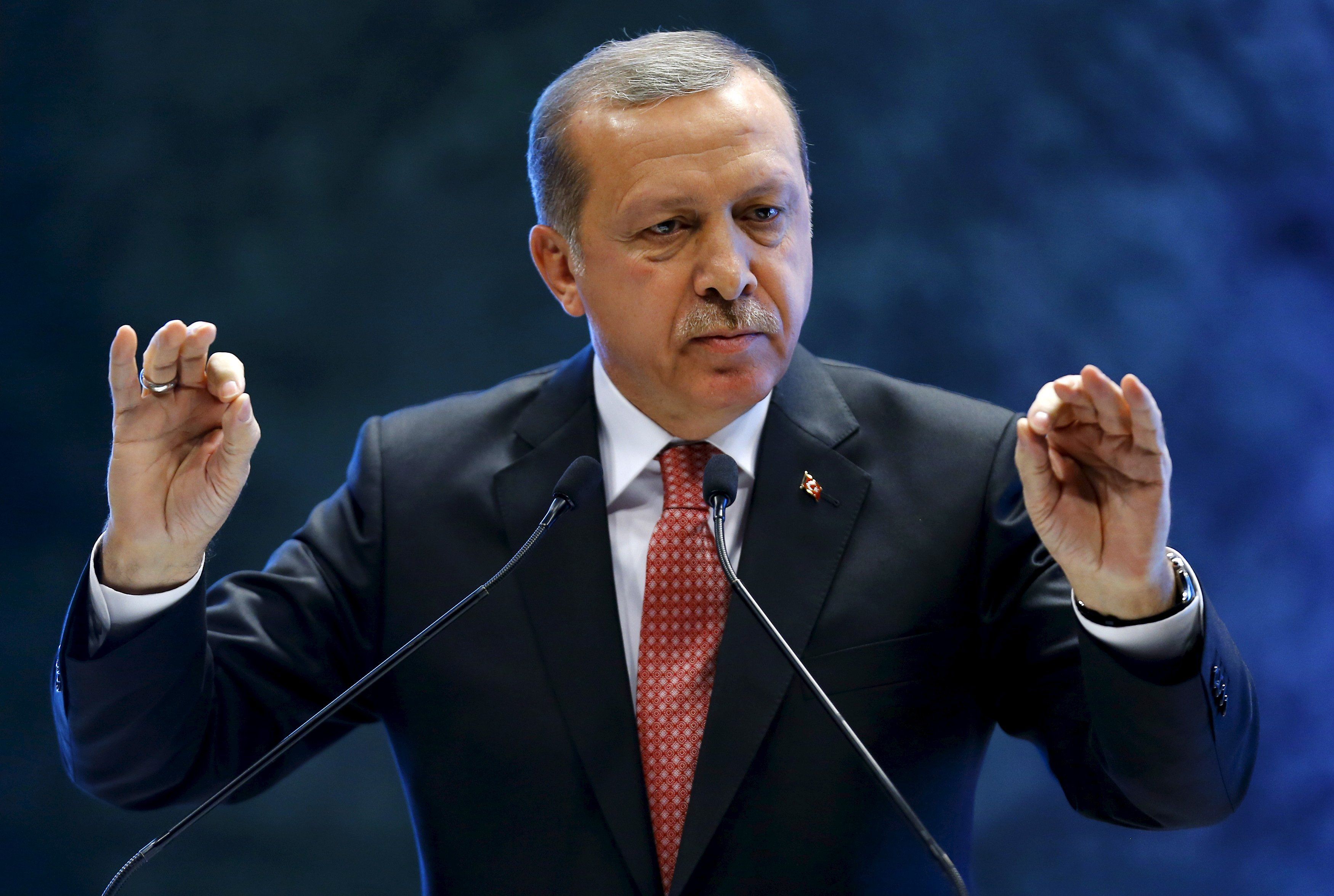54: Turkey said Tuesday that it would restrict exports to Israel until there is a cease-fire and increased aid to Gaza. The move came after Israel refused to allow Turkey to air-drop aid into the territory. The restrictions will stop 54 products from being exported to Israel, and the Jewish state said it would respond by banning products from Turkey.
87,000: The European Court of Human Rights in France ruled that the Swiss government had violated its citizens’ human rights by not doing enough to stop climate change. The court ordered the government to pay a group of Swiss women, all aged 64 and up, $87,000 because older women are particularly vulnerable to heat-related illnesses. While this case adds to a growing list of court wins for climate change, it is unlikely to have a significant impact on policy.
46: But in a decisive win for Mother Nature, France has decided, once and for all, that cows are allowed to moo at night. The law, passed by France’s parliament 46-7, says that people who decide to live next to a farm, shop, bar, or restaurant cannot complain about the noise. It is meant to stop the slew of noise complaint court cases being brought by disgruntled neighbors – mostly new arrivals to the countryside – over being woken up by the sound of cows, Maurice the rooster, pond frogs, and other rural noises.
10: Jennifer and James Crumbley were convicted of involuntary manslaughter for failing to prevent their teenage son from killing four students in the deadliest school shooting in Michigan’s history, and on Tuesday, they were sentenced to at least 10 years in prison. They are the first parents in the US to be convicted over the deaths caused by their child in a mass shooting.
200: More than
200 chemical plants across the US have been ordered to limit the amount of toxic pollutants they release into the air under a new regulation announced by the Biden administration on Tuesday. The new rule from the EPA targets ethylene oxide, which is used to sterilize medical devices, and chloroprene, which is used to make rubber in footwear. Both have been classified as likely carcinogens.
